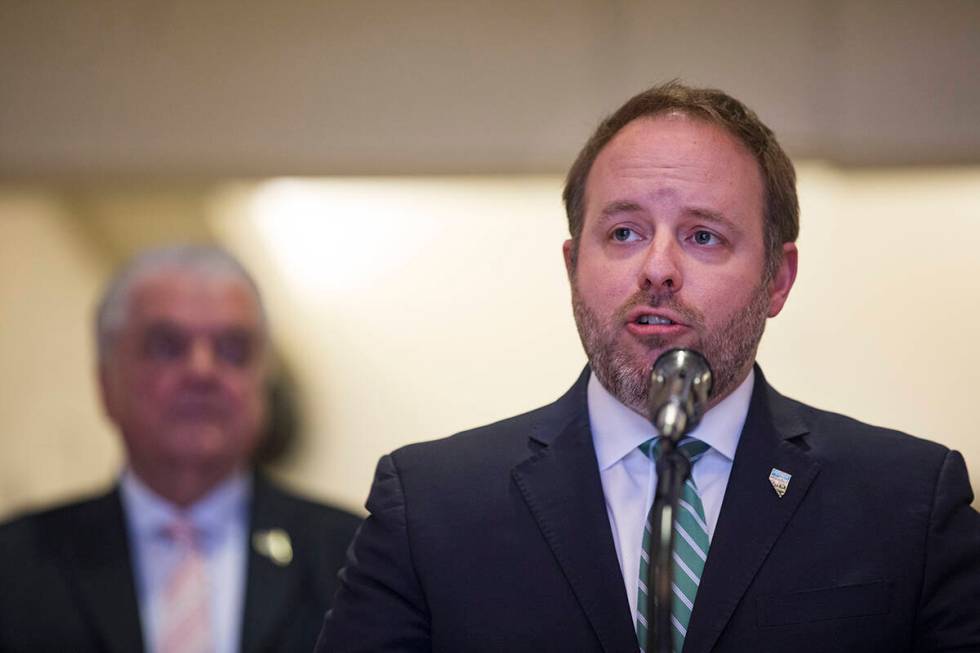Nevada kindergartners eligible for $50 scholarship, savings account

Parents of Nevada kindergartners who attend public school are automatically eligible for $50 and a savings account for their child’s education after high school.
The Nevada College Kick Start Program, offered through the Nevada State Treasurer’s Office, creates a qualified savings account for every public school kindergartner in the state. A $50 scholarship is provided at no cost to taxpayers and is intended to help families save for their child’s post-secondary education, be that college or a trade school.
The program started in 2013 and was intended to provide every public school kindergartner with a small headstart to get them to save for college, Nevada State Treasurer Zach Conine said.
Conine said the state has opened roughly 277,000 Kick Start accounts, some that are still unclaimed.
“We create them for every public school kindergartner so that whenever they’re ready, we’re ready,” he said.
The program automatically enrolls every Nevada public school kindergartner in a 529 plan, or a tax-advantaged savings account that must be used toward qualified educational expenses.
The state will open the account for kindergartners whether or not they claim it. Students have until the end of fourth grade to claim it, according to Conine, during which time the $50, even if untouched, will still accrue interest.
“It gives us an opportunity to start that conversation about how that family can plan for, save for or pay for higher education,” Conine said.
Parents who wish to claim their child’s Kick Start account can visit the Nevada College Kick Start website to look up their child’s Kick Start ID number. Parents needing assistance in finding their child’s ID number can also call 702-486-4141.
Parents can then claim their child’s account by registering at www.vistashare.com/p/nv/kickstart.
Conine said any program that helps students achieve their higher education goals is also good for the state.
“Whatever kind of secondary degree it is, they’re more likely to be able to keep their jobs during the recession, they’re more likely to not get laid off in the pandemic, they’re more likely to be able to afford a home and afford to live the sort of life that they deserve to live,” he said. “Anything we can do that moves that closer to its goal, that’s a good use of our time.”
“It’s a great example of government working.”
Contact Lorraine Longhi at llonghi@reviewjournal.com. Follow @lolonghi on Twitter.